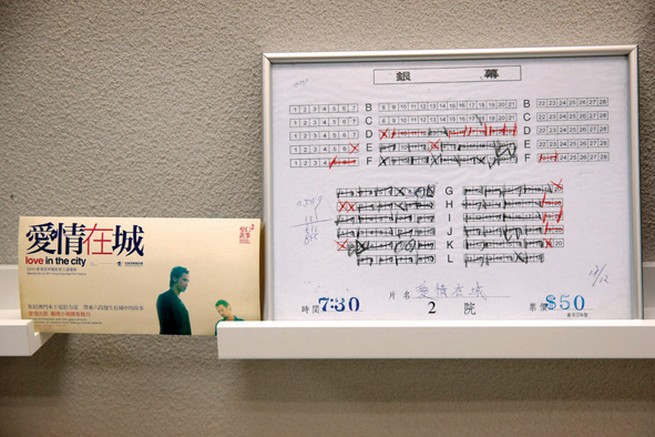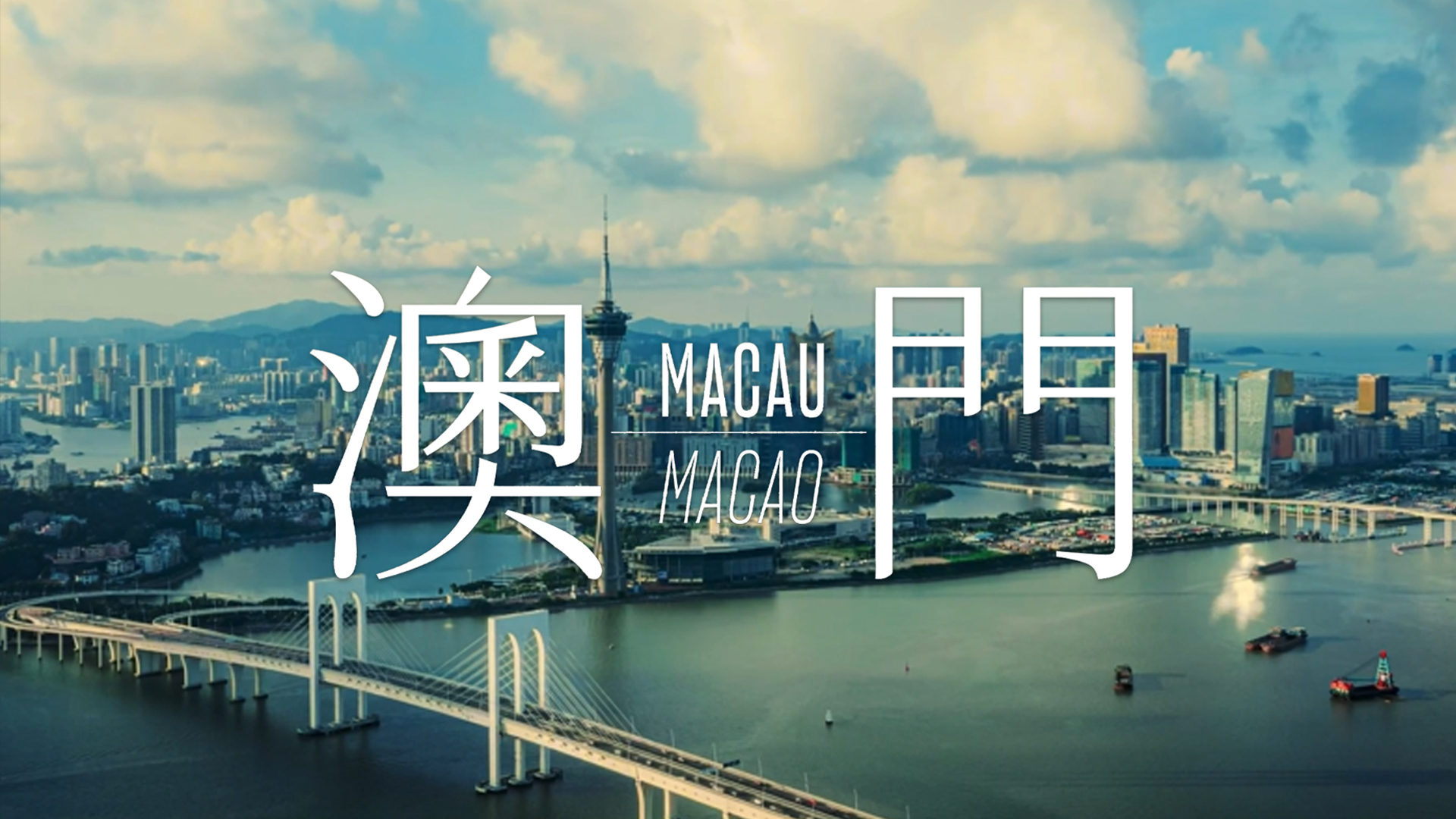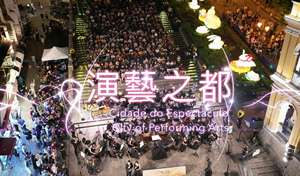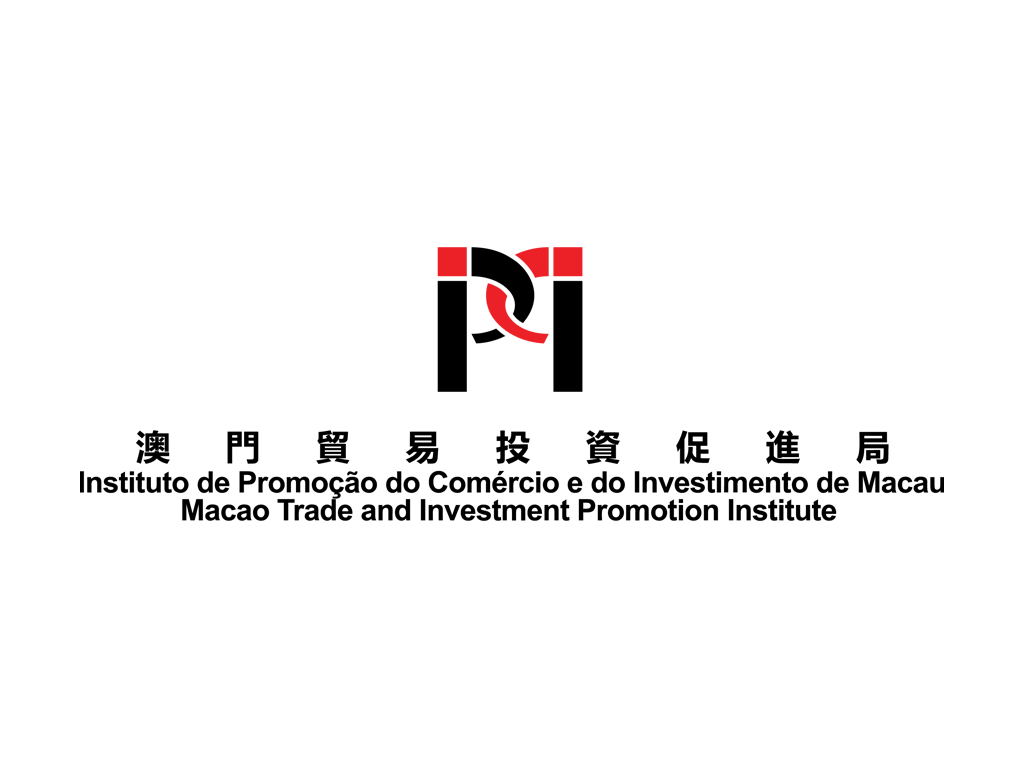Search Issues
The Creativity and Perseverance of a Catering Group with Investment of MOP 10 Million — Exclusive Interview with Kingship Restaurant Group Limited

With the growth of Macao’s per capita GDP, the spending power of local residents is also growing as well as giving them a higher standard of living. Three meals a day are no longer as simple as “just filling one’s stomach”. In order to gain popularity, a restaurant needs to pay close attention to quality, design of dishes, creativity and environment. The newly established Flagship Catering Group has all these aspects going for it. The Group provides many different dishes, such as fusion dishes (mixed style dishes), Japanese sushi, hotpot and Chinese tea-related dishes (Yam Cha) to name a few. It has become an emerging force in the local catering market with its top quality food.
Kingship Restaurant Group Limited was established in January 2012. In Taipa, it now has Yuzu Contemporary Japanese Cuisine & Bar, Kingship Japanese sushi cuisine, Restaurant Tong Kwok Hoi Sin Fo Wo Seng and in Macao J King Fish Market and J King Ishokuya. Besides Macao, the Group is preparing to enter the Mainland market, probably in the Zhongshan area.
Terrence Ho, managing director of the Group gained a degree in business administration in Canada, worked in Hong Kong for a year and then came back to Macao to start the catering business, despite not having any catering background or experience. But he met a business partner who used to work for a famous restaurant in London, so with the assistance of the “one-stop service” provided by Macao Trade and Investment Promotion Institute (IPIM), they started the first restaurant, Yuzu Contemporary Japanese Cuisine & Bar in 2009.
The restaurant has specially designed seating to create a comfortable atmosphere and the main dishes are Japanese fusion dishes. “But quickly we discovered that foreign practices do not completely suit the Macao market. The best way is to make constant improvements to create localised fusion dishes for Macao people,” said Terrence Ho.
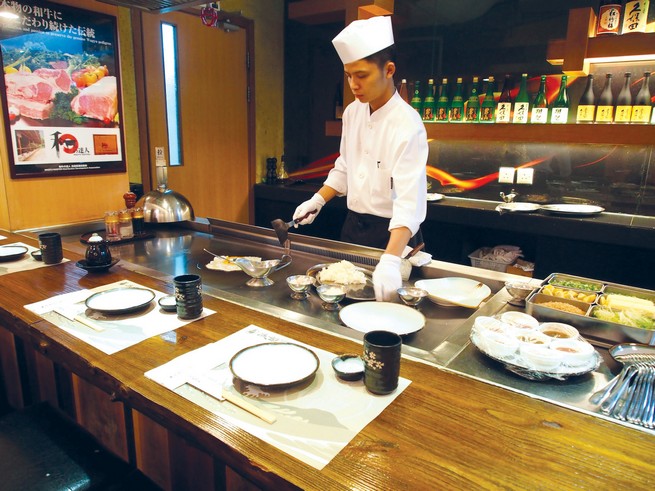
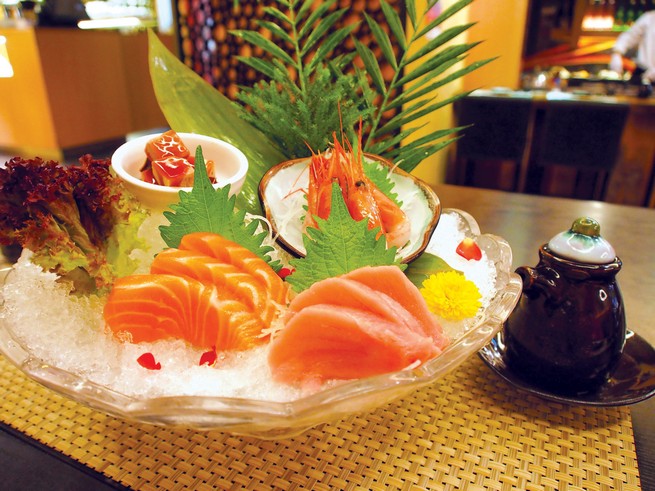
Just after two years of operation, Yuzu helped the investors gain experience and recover their outlay. Later on, once more with assistance from the “one-stop service” provided by IPIM, after six months preparation, the Flagship Japanese sushi restaurant with an investment of MOP10 million opened two years ago. Company Director of Food & Beverages V.K. Wong said there were difficulties in the beginning. “One month after the opening, Japan was hit by the horrendous earthquake a tsunami on 11 March. Fortunately we learnt lessons and insisted on the quality of raw materials and finished products. The initial investment of MOP10 million was recovered after one and half years.
” The Kingship Japanese sushi cuisine in Flower City Taipa occupies an area of more than 10,000 square feet, is spacious, with six private rooms. Terence Ho explained, the Flower City neighbourhood is densely populated and is blessed with good infrastructure, so there are many local patrons that visit the restaurant. The restaurant insists on combining quality affordable food and a good environment with but low priced, most people spend around MOP 200 per person on average.
Even though, there is an extraordinary dish in the menu: foie gras with red wine. V.K. Wong, who has more than 28 years cooking experience and invented this dish, said that the design came from a sarcastic comment that “good foie gras can only be found in good French restaurants, never in Chinese or Japanese ones.” Wong spent three years studying and improving the dish and was granted a patent for the dish in mainland China after five application attempts. This creative new style sushi can be called the restaurant’s “signature dish”.
Besides Japanese sushi, the Group recently opened Restaurant Tong Kwok Hoi Sin Fo Wo Seng to provide Chinese Yam Cha related dishes and a hotpot dinner service.
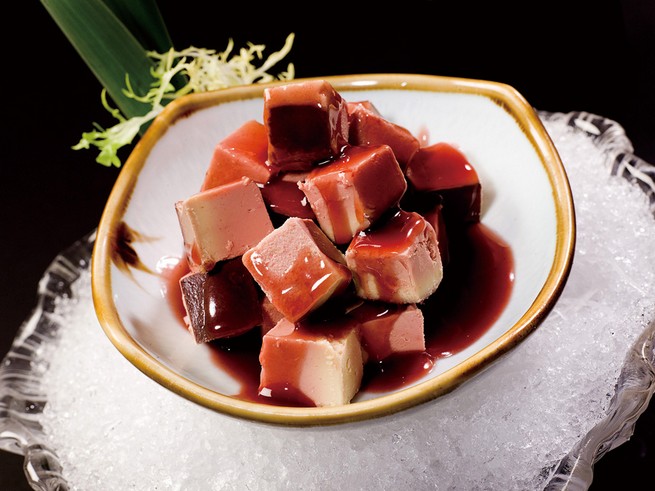

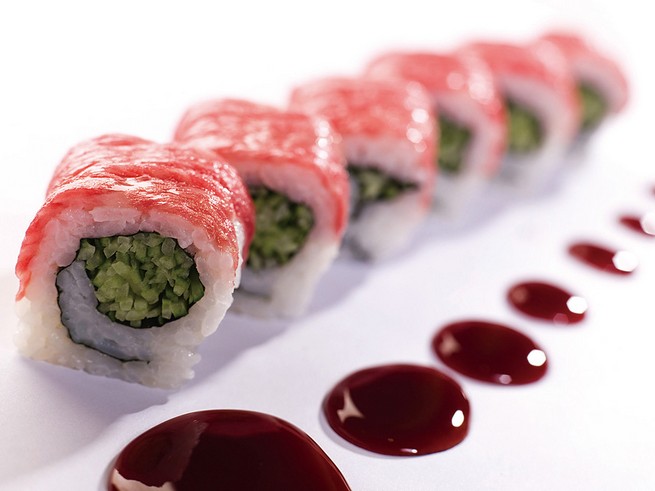
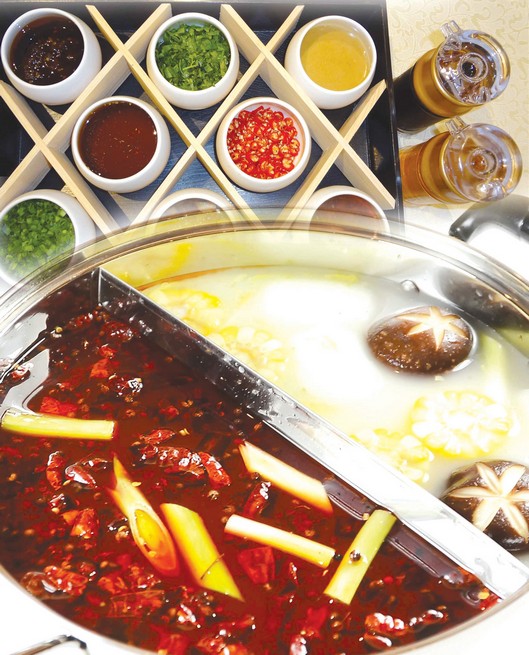
The Group uses the name of “Kingship”, meaning something that is held to be the best. Three local young people are leading the Group to create its brand name with creativity and perseverance. It has laid down a solid foundation in the outlying islands, presently the Group is planning to open two more restaurants in Macao before the end of this year. At the same time, the Group is also looking at Macao’s booming tourism market. The long-term plan is to open branches in tourist areas to tap into the market of more than 28 million visitors each year.
Macao’s Film Industry a New Emerging Cultural & Creative Industry



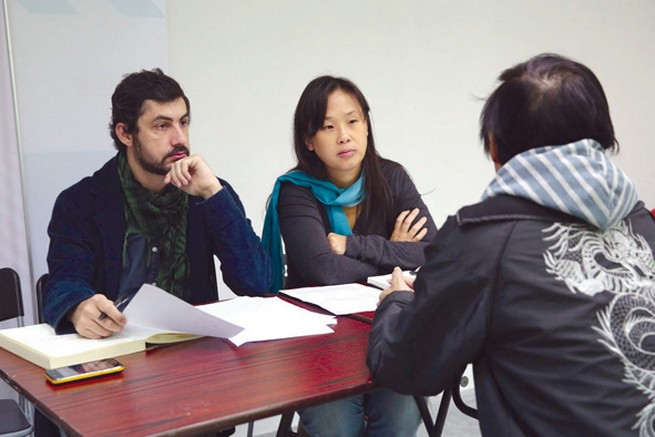
As the international film industry enters the age of global development, Macao’s film industry is also emerging, thanks to the opening up the gaming and tourism industries which has given an economic boost to Macao. Albert Chu Iao Ian, the founder of CUT Association of Audio-Visual optimistically predicts that, on the basis of today’s independent film manufacturing, Macao’s film industry can try to use a commercial model to build the secter into a new cultural and creative industry, contributing to the city’s moderate economic diversification and sustainable development.
CUT Association of Audio-visual produced a series called Macao Stories. Macau Stories 2-Love in the City was premiered in Macao on 16 December 2011. It was shown around 8:00 pm every evening during the peak viewing time and was well received by viewers. Cinemas repeatedly extended the run and it played to full houses in Macao’s new cinema chain during the New Year period. Chu believes that cinemas are willing to accommodate local films because of the support of local audiences for the local film industry. Even though there was only one showing per day, it was a surprise that “so many customers actually came and paid to watch the film”. This shows that the film and the strategy were successful, a big step forward for local independent film producers towards market-orientation.
Later on Love in the City was showing simultaneously in three major cinema chains in Macao with great success. It is also recognised by Hong Kong cinema chains and many of them have come to talk about co-operation, the two sides are now working on details. If Macao films can be shown in Hong Kong, which is regarded as the Hollywood of the Orient, then it would be another major breakthrough. Chu said, “It is inevitable that Macao films have to go beyond Macao. This means that the whole industry is gradually becoming more and more market-orientated and unified.”
Chu is obsessed with film production. He has been committed to promoting film production in Macao for nearly 20 years, witnessing the changes in the city’s film industry. He believes the Macao SAR Government is committed to nurturing and promoting the growth of the city’s cultural and creative industries of which the film industry should be an integral part. Right now is the best time to promote Macao’s film industry.
Because of its culture and landscape, Macao is a popular production destination for overseas film producers, especially those from Hong Kong. The storyline and scenes from some recent famous films made in Macao, such as Isabella, the only Chinese language film nominated in the Berlin Film Festival in 2006.
In recent years, Macao’s tourism industry has been growing rapidly so many large entertainment and resort facilities have been constructed. In order to advertise more effectively, many gaming companies and hotels are willing to sponsor or support film production. Because of its combination of new and old landscapes and increasing supply of production capital, even during the time of the global financial crisis, the city’s film industry still managed to attract talent to the film industry to produce their films here from all over the world, such as Hollywood in the United States, Portugal and France in Europe, South Korea, India, Taiwan and the Mainland. Chu says, these international producers usually will ask local producers to do on line products.
Macao’s booming film industry has attracted many young people; of course, there is still a long way to go before the local film industry can produce big budget films and support its own development commercially on a sustainable basis. But Chu believes that the emergence of micro-film production and the Internet offers an alternative way for Macao’s audio-visual industry.
Since the 1990s, the Internet auction sites have driven down the cost of film production equipment, such as lighting and recording products. Micro-films on the Internet do not need high quality professional audiomixing and professional colour adjustment. Young people are willing to play roles in these micro-films as “guest stars”; this helps to keep down production costs. Compared to big budget films from Hong Kong, these micro-films only cost around HK$100,000 each, greatly helping young people to fulfil their creative ideas.
According to Chu, there is a group of young people in Macao who think that the integration of the city with the Mainland represents an opportunity for local SMEs to enter the Mainland market. They are considering establishing a local micro-film platform to connect local SMEs with those on the Mainland to promote the image of Macao films and enterprises.
Also, Chu thinks that the diverse landscape and local folklores can be further explored to produce films, in a way Macao is similar to Venice, as both are ideal for holding festivals and carnivals, especially Macao’s UNESCO World Heritage buildings and the large new entertainment facilities definitely have the potential to be used in films. A “Film Festival” with Macao characteristics will surely attract visitors from many countries and regions.
Presently auditions for Macao Stories 3 are underway; over one hundred candidates were attracted to the selection process in April. Chu believes, as long as one can grasp the opportunity and take the right direction, with care from all sides, Macao’s fledgling film industry will surely grow in a rapid and healthy fashion.
